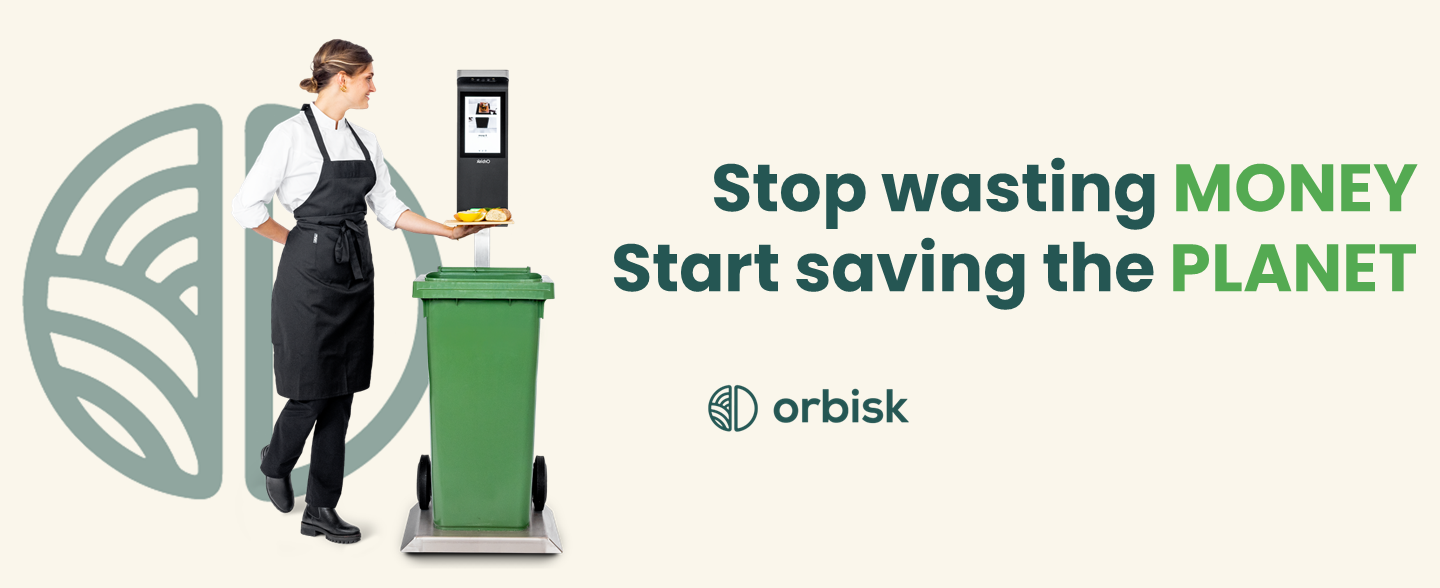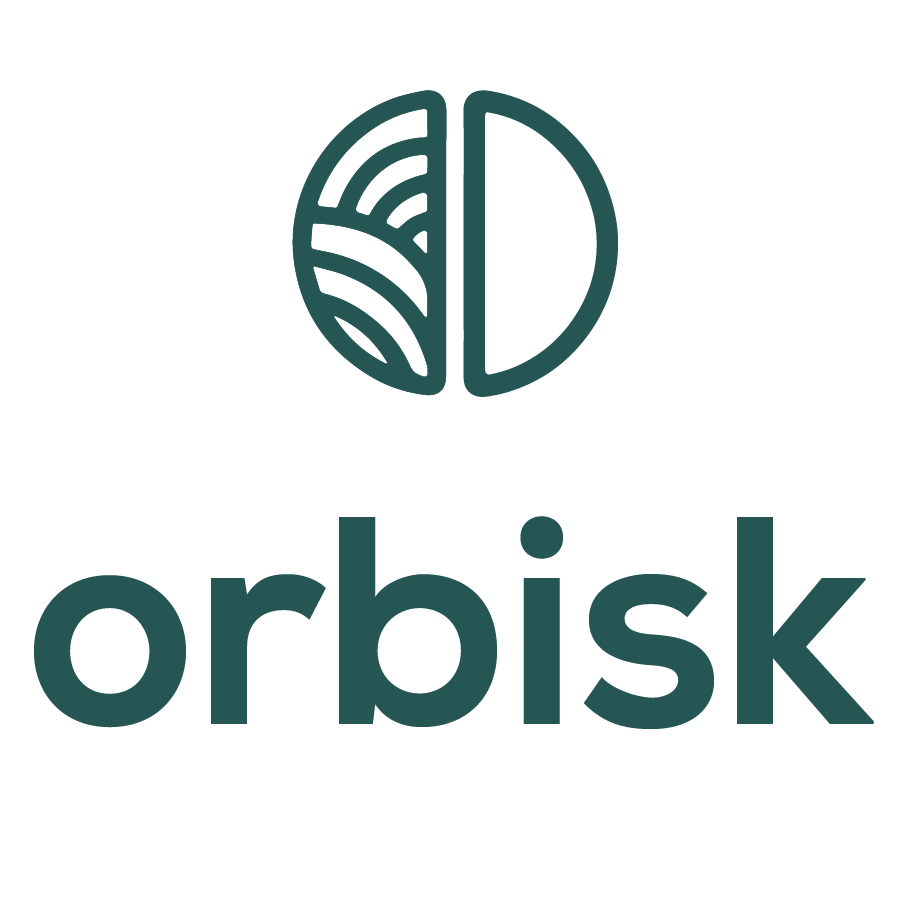

Orbisk

September 2023
Software publishing and SaaS platforms
Service with Minor Environmental Footprint
Austria,
France,
Germany,
Iceland,
India,
Italy,
Japan,
Netherlands The,
Poland,
Spain,
United Kingdom,
United States
"Orbisk has introduced the world’s first fully automated food waste monitor. By outfitting the (organic) waste bin in professional kitchens with a weighing scale and a AI smart camera, image recognition recognes all food going to waste. Seamlessly, the technology is incorporated in any restaurant, without taking any additional (often limited) kitchen space, nor personnel capacity. Absolute frictionless registration of what food is going to waste provides data on a most granular level. By including the context of the disposal action - such as the food being thrown away from a pan, a cutting board or a plate - the part of the process where the food was lost is identified. Inefficiencies and optimizations in your food providing process are identified by means of action oriented dashboarding, by balancing portions, optimizing stocking and increase planning efficiency waste is reduced by up to 70%. This results in significant economic value due to savings on buying, labour and waste disposal, worth €20,000 - €60,000 for an average restaurant, a net margin improvement of up to 4% whilst annually saving over 4,000 kilos of food of going to waste, preventing the emission of 15 tons of CO2 and 14M liters of water use. All of this without impacting your guest experience!"
Overall B Impact Score
Governance 16.7
Governance evaluates a company's overall mission, engagement around its social/environmental impact, ethics, and transparency. This section also evaluates the ability of a company to protect their mission and formally consider stakeholders in decision making through their corporate structure (e.g. benefit corporation) or corporate governing documents.
What is this? A company with an Impact Business Model is intentionally designed to create a specific positive outcome for one of its stakeholders - such as workers, community, environment, or customers.
Workers 27.7
Workers evaluates a company’s contributions to its employees’ financial security, health & safety, wellness, career development, and engagement & satisfaction. In addition, this section recognizes business models designed to benefit workers, such as companies that are at least 40% owned by non-executive employees and those that have workforce development programs to support individuals with barriers to employment.
Community 19.1
Community evaluates a company’s engagement with and impact on the communities in which it operates, hires from, and sources from. Topics include diversity, equity & inclusion, economic impact, civic engagement, charitable giving, and supply chain management. In addition, this section recognizes business models that are designed to address specific community-oriented problems, such as poverty alleviation through fair trade sourcing or distribution via microenterprises, producer cooperative models, locally focused economic development, and formal charitable giving commitments.
Environment 21.6
Environment evaluates a company’s overall environmental management practices as well as its impact on the air, climate, water, land, and biodiversity. This includes the direct impact of a company’s operations and, when applicable its supply chain and distribution channels. This section also recognizes companies with environmentally innovative production processes and those that sell products or services that have a positive environmental impact. Some examples might include products and services that create renewable energy, reduce consumption or waste, conserve land or wildlife, provide less toxic alternatives to the market, or educate people about environmental problems.
What is this? A company with an Impact Business Model is intentionally designed to create a specific positive outcome for one of its stakeholders - such as workers, community, environment, or customers.
Customers 3.2
Customers evaluates a company’s stewardship of its customers through the quality of its products and services, ethical marketing, data privacy and security, and feedback channels. In addition, this section recognizes products or services that are designed to address a particular social problem for or through its customers, such as health or educational products, arts & media products, serving underserved customers/clients, and services that improve the social impact of other businesses or organizations.